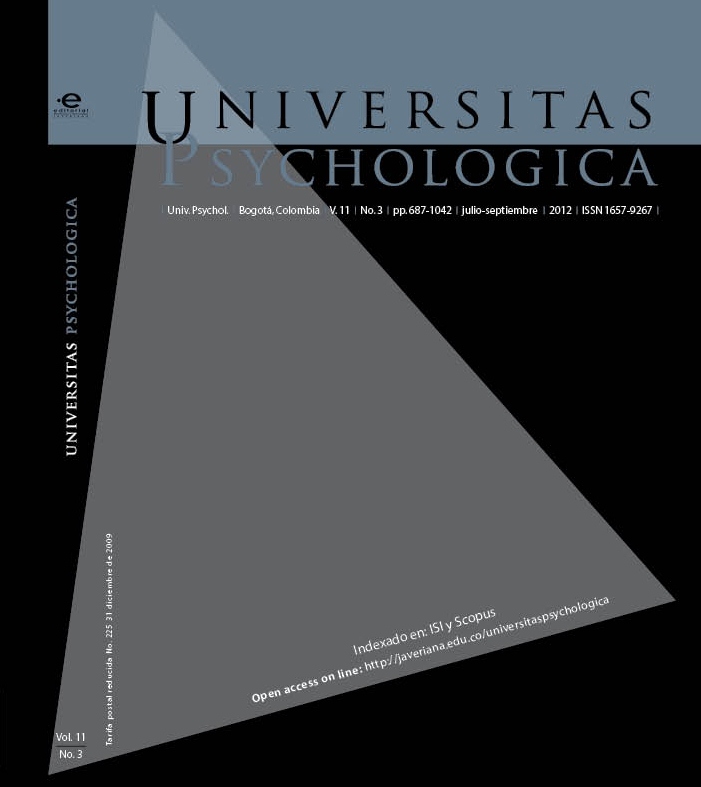Abstract
Cross-cultural research has showed diversity in the development of spatial cognition questioning the predominance of relative frame of spatial reference and the egocentric point of view in children’s representations (Dasen & Mishra, 2010). We examined the use of frames of spatial reference in Mapuche and Chileans children from Region VIII and IX of Chile. Two hundred ten children from low socioeconomic school participated in this study, 102 children were of rural origin and 58 students were of urban origin. They responded to spatial memory task to evaluate the predominance of relative or absolute frame of reference. Although the Mapuche and Chileans children used both frames of reference, in the Mapuche children the absolute frame of reference was predominant. The impacts of culture on the development of spatial cognition are discussed.
This journal is registered under a Creative Commons Attribution 4.0 International Public License. Thus, this work may be reproduced, distributed, and publicly shared in digital format, as long as the names of the authors and Pontificia Universidad Javeriana are acknowledged. Others are allowed to quote, adapt, transform, auto-archive, republish, and create based on this material, for any purpose (even commercial ones), provided the authorship is duly acknowledged, a link to the original work is provided, and it is specified if changes have been made. Pontificia Universidad Javeriana does not hold the rights of published works and the authors are solely responsible for the contents of their works; they keep the moral, intellectual, privacy, and publicity rights. Approving the intervention of the work (review, copy-editing, translation, layout) and the following outreach, are granted through an use license and not through an assignment of rights. This means the journal and Pontificia Universidad Javeriana cannot be held responsible for any ethical malpractice by the authors. As a consequence of the protection granted by the use license, the journal is not required to publish recantations or modify information already published, unless the errata stems from the editorial management process. Publishing contents in this journal does not generate royalties for contributors.


